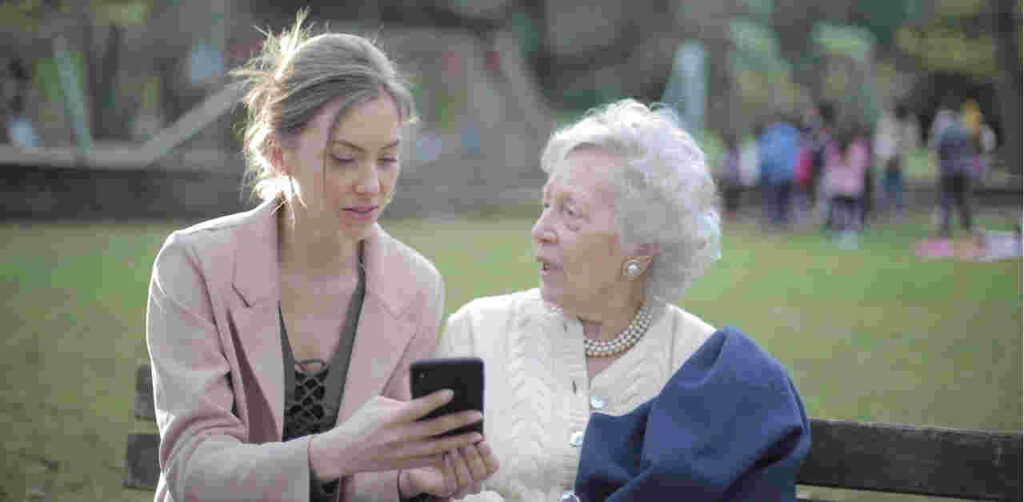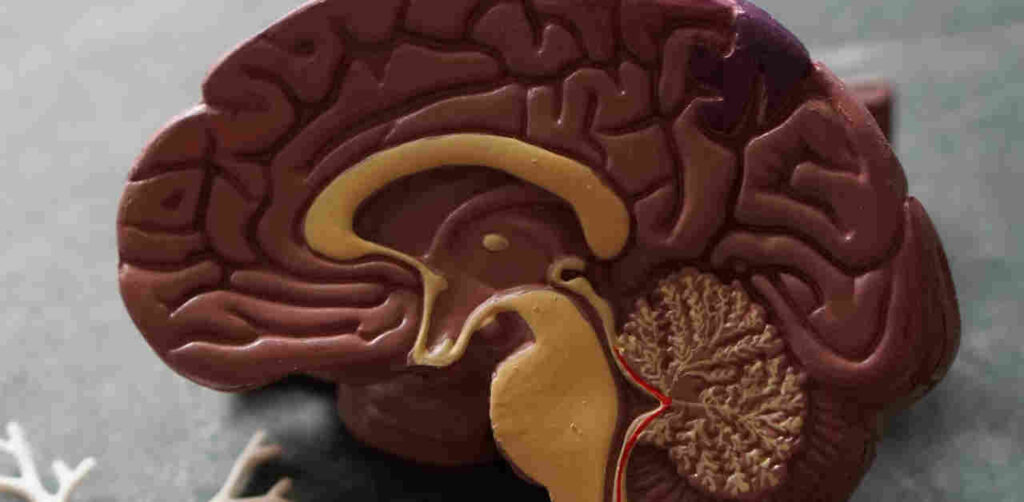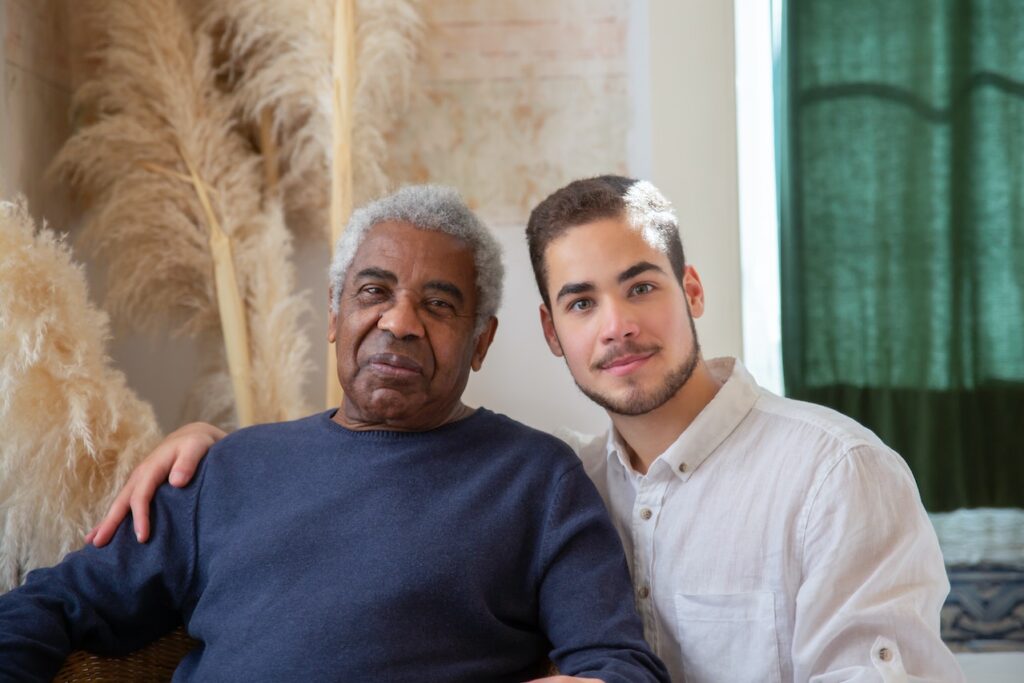Tips for Everyday Care for People with Dementia
Published by: Alzheimers.gov Early on in Alzheimer’s and related dementias, people experience changes in thinking, remembering, and reasoning in a way that affects daily life and activities. Eventually, people with these diseases will need more help with simple, everyday tasks. This may include bathing, grooming, and dressing. It may be upsetting to the person to […]
Tips for Everyday Care for People with Dementia Read More »








